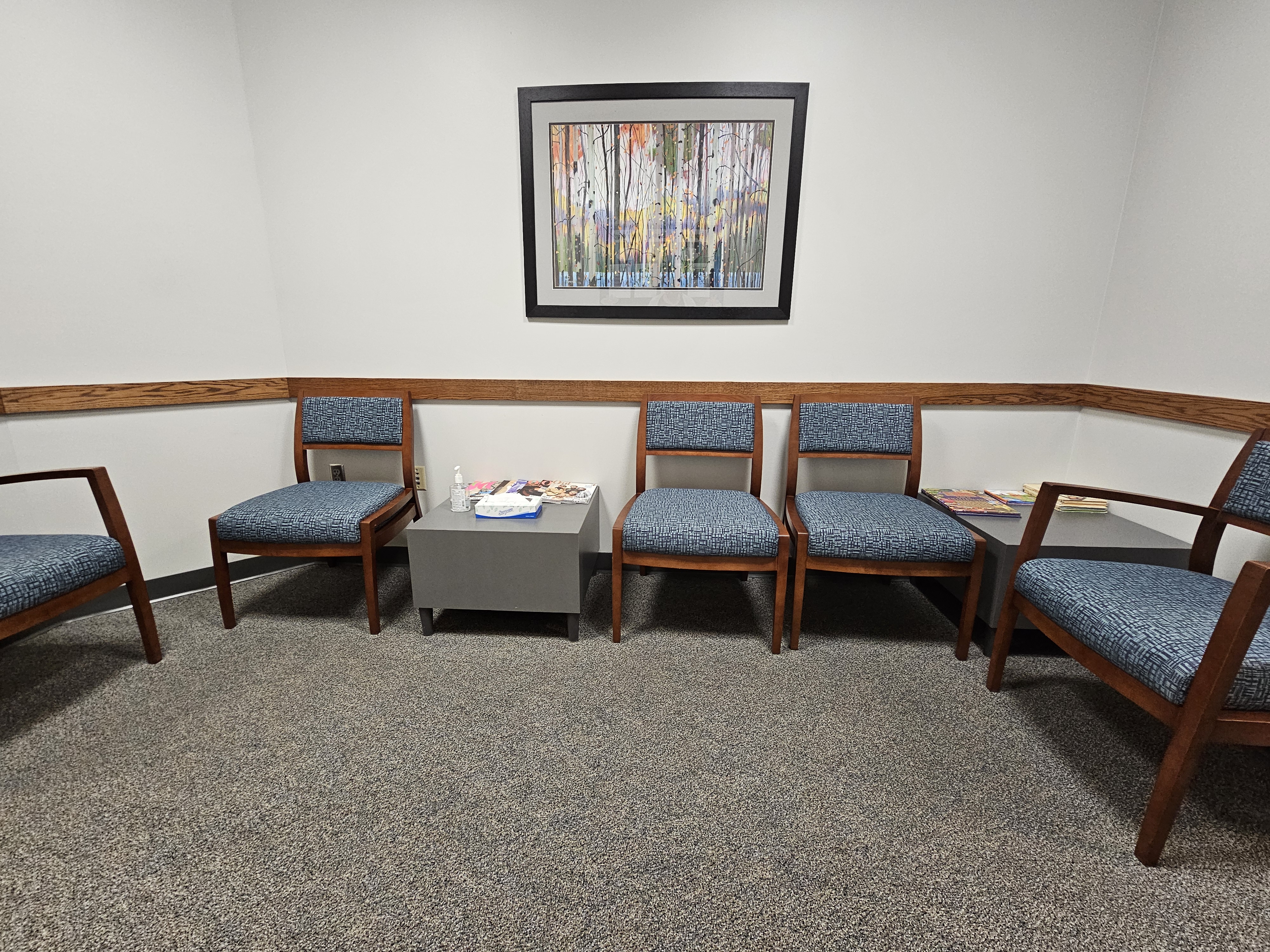Banner
Interested in services? Give us a call at 402-472-2351.
Who Can Access Services?
Any person may seek services at the PCC. PCC services are available for adults, adolescents, and University students. The PCC offers individual and couples psychotherapy, as well as psychological evaluation, consultation, and referral services.
Services We Offer
The PCC provides the following services for the people of Lincoln and surrounding communities:
- Individual therapy
- Marital/couples therapy
- Adolescent therapy
- Psychological evaluations
- Neuropsychological evaluations
We provide general outpatient services for a wide variety of problems experienced by children, adolescents, and adults, including:
- Depression and other mood disorders
- Anxiety
- Trauma
- Substance use disorders
- Eating disorders
- Adjustment problems
- Relationship problems
- Attention Deficit/Hyperactivity Disorder (ADHD)
Referrals Policy
Due to security and privacy reasons, we do not accept outside referrals from medical providers, mental healthcare professionals, lawyers, social service agencies, advocates, or any other third parties.
The PCC only accepts self-referrals at this time; individuals seeking services must call in to request services. The only exception is if the person requiring services is represented by a parent or legal guardian.
Service Availability
We do not accept walk-in or day-of appointments. If you are seeking immediate services, please reach out to CenterPointe for resources in the community.
If you are seeking immediate services as mandated by a third party, please be advised that we may not be able to accommodate these services due to deadlines that may need to be met that we cannot accommodate.
For new individual/group/family therapy requests: The standard time between requesting services and the intake session is roughly 2-6 weeks. This is dependent upon our clinical availability. This is not a guaranteed timeframe, as we may be full for the semester.
For evaluation/assessment requests: The standard time between requesting services and the intake session is roughly 2-6 weeks. This is dependent upon our clinical availability. This is not a guaranteed timeframe, as we may be full for the semester.
What to Expect from Therapy
Your first few sessions at the PCC will involve an assessment of your strengths and needs. During this time the PCC will provide you with information about treatment approaches and help you decide if the PCC is an appropriate place for you to receive services. Generally, therapy can have benefits and risks. Since therapy often involves discussing unpleasant aspects of your life, you may experience uncomfortable feelings like sadness, guilt, anger, frustration, and loneliness. However, therapy has also been shown to have benefits for people who participate. Many times therapy leads to better relationships, solutions to specific problems, and reductions in feelings of distress. Each of us is different, and so no one can say exactly what your experience of therapy will be like, but it is important to discuss the risks and benefits you can expect with your therapist.
As a patient at the PCC , you will be expected to play an active role in your treatment, including working with your therapist to outline treatment goals and completing questionnaires throughout treatment to assess progress. Many times, you will also be asked to complete homework assignments between sessions. If at any point you are unhappy about the progress, process, or outcome of the treatment, you should discuss this with your therapist so that you can work together to resolve any difficulties that have arisen and to arrive at a treatment plan that meets your needs.
Fees
For therapy services, the first (intake) session will be 10 dollars. All following sessions will be 30 dollars.
For evaluation services, the full cost will be 500 dollars. 10 dollars will be paid at the intake session, and a deposit of 40 dollars may be paid at the second session. The balance must be paid in full before the results can be released.
For therapy and evaluation services, a fee reduction application can be filled out at the intake session. This form may potentially reduce the overall cost of your services based on your household income against the Federal Poverty Guidelines. Please note: your application is not guaranteed to reduce your cost.
Cancellations made without a 24-hour notice or no-shows may result in a charge for services that day. Please call the PCC front desk as soon as possible to cancel or reschedule services to avoid any charge for services.
After four unpaid services, you may be subject to a suspension of services until payment is made towards the balance. If services are ended with a remaining balance on the account, the outstanding balance must be paid in full for consideration of any future services.
